
Ali Miraj 12pm - 3pm
8 September 2022, 18:32 | Updated: 8 September 2022, 18:53
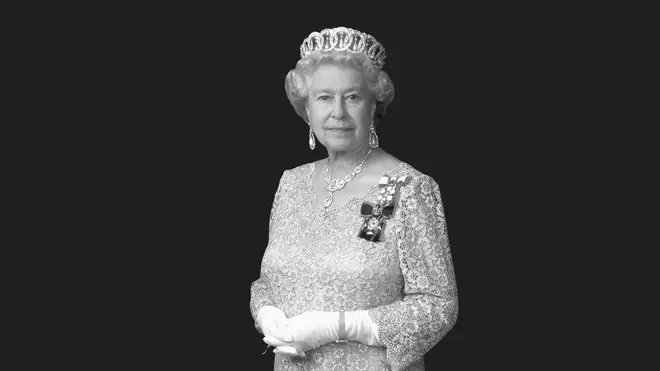
Buckingham Palace has confirmed Her Majesty Queen Elizabeth II has died at the age of 96.
When Elizabeth Alexandra Mary was born on 21st April 1926, nobody suspected she was destined to rule. But at the age of 10, the course of her life changed.
Her uncle's abdication to marry a divorcee saw her father, the Duke of York become king, and Elizabeth his heir. She began her public duties at 14 amid the Second World War, and this provided the backdrop for her first public broadcast, when she delivered a broadcast on Children’s Hour.
In it, she said: “We are trying to do all we can to help our gallant sailors, soldiers and airmen. And we are trying too to bear our own share of the danger and sadness of war."

Her Majesty Queen Elizabeth II dies aged 96, Buckingham Palace confirms
Indeed she did her bit for the war effort, as she passed her test as a fully-qualified driver and mechanic.
And like thousands of others, had a sweetheart in the forces, her third cousin Prince Philip of Greece. They married at Westminster Abbey in November 1947. The following year, the couple's first child, Prince Charles, was born and two years later, Princess Anne.
But George VI's health was failing and while the royal couple were in Kenya, the news came through that the King was dead. At the age of just 25, Elizabeth was Queen and Britain entered a new Elizabethan age.
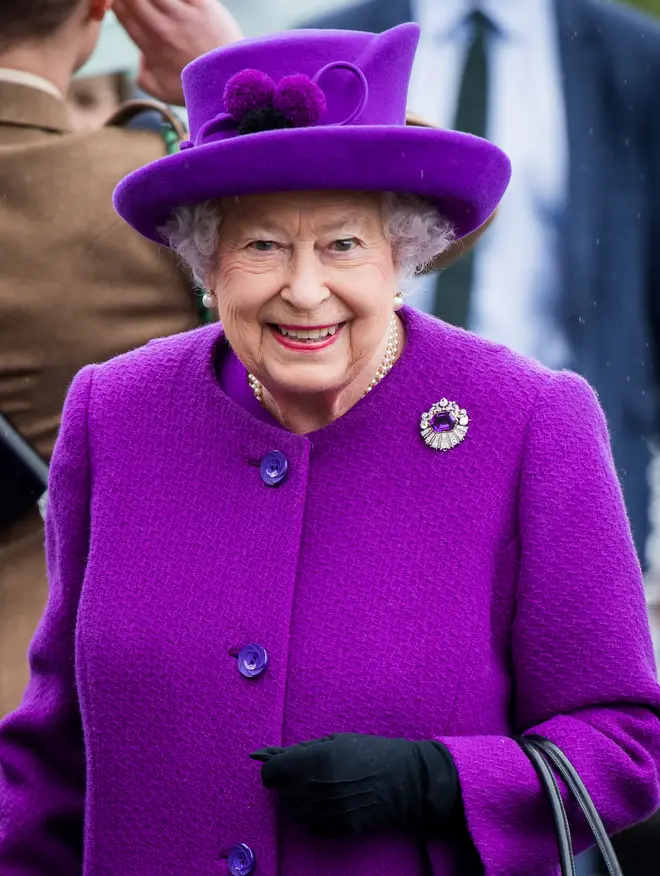
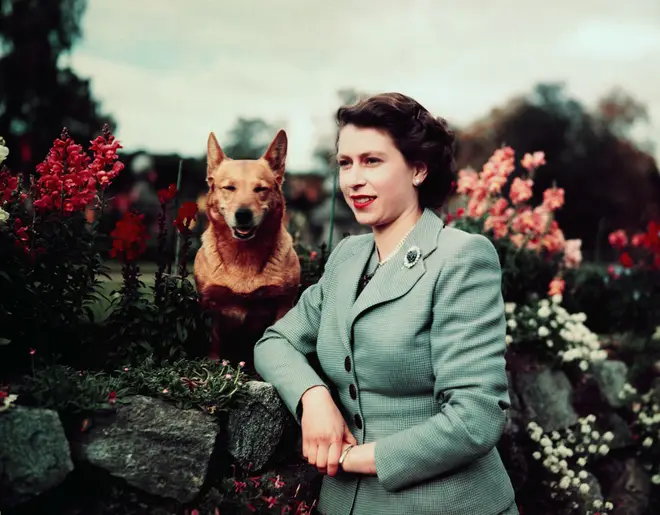
As the nation prospered, the royal family grew, first with the arrival of Prince Andrew and then Prince Edward.
While she was Head of State, Philip was head of the family. He said of it: "Tolerance is the one central ingredient of any happy marriage. You can take it from me that the queen has the quality of tolerance of abundance."
It was a quality she needed more than ever in the 1990s when the marriages two of her children collapsed. The fire at Windsor Castle seems to symbolise the deterioration of the Royal family's esteem. She said of the year: "It has turned out to be an annus horribilus".
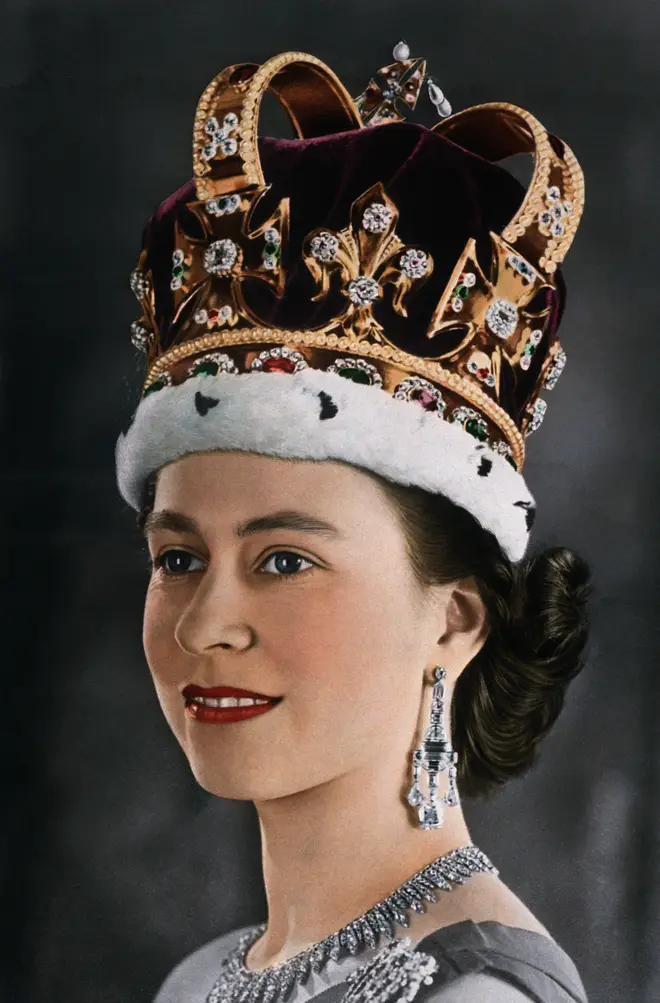
But there was worse to come with the death of Princess Diana in 1997. The Queen was criticised for her reserved response and ultimately was forced to make an unprecedented live broadcast. In it, she said: "I admired and respected her, her energy and her commitment to others. And especially for her devotion to her two boys. I, for one, believe there are lessons to be drawn from her life and from the extraordinary and moving reaction to her death.
In 2002, the Queen had to cope with the loss of her sister Princess Margaret and then Queen Elizabeth, the Queen Mother, two months later.
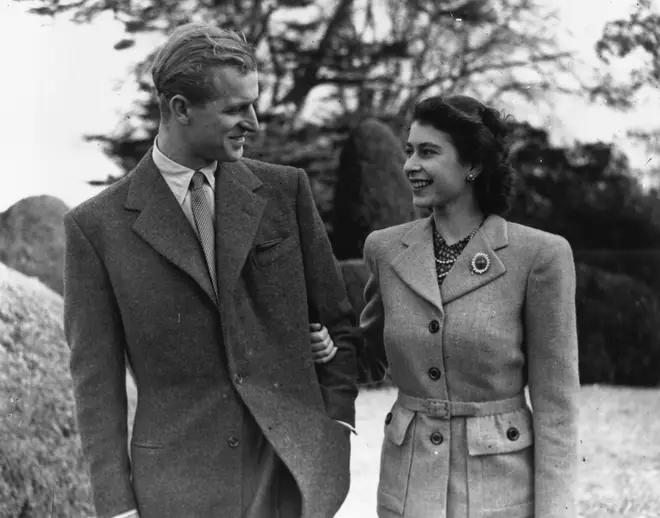
But that summer, sympathy turned to celebration as the Queen marked her Golden Jubilee. Golden became Diamond a decade later making her only the second British monarch in history to reach such a milestone.
The Queen thanked her loved ones: "During these years as your Queen, the support of my family has, across the generations, been beyond measure. Prince Philip is, I believe, well known for declining complements of any kind. But throughout he has been a constant strength and guide."
But during four days of celebrations to mark the Queen's 60-year reign, which included the largest flotilla ever assembled on the River Thames, her family was quick to return the compliments.
Prince Charles famously addressed her: "Your Majesty. Mummy. As a nation, this is our opportunity to thank you and my father for always being there for us, for inspiring us with your selfless duty and service and for making us proud to be British."
That selfless duty was never more apparent than when the Queen paid an extraordinary visit to the Republic of Ireland in 2011. For so long out of bounds due to the Troubles, this visit was the first by British monarch in 100 years.
Speaking in Gaelic at the State Banquet paved the way for an act once deemed unthinkable. During her Diamond Jubilee tour of Northern Ireland, the Queen shook hands with Deputy First Minister Martin McGuinness, a former commander in the IRA, the group which killed her cousin Lord Mountbatten in 1979.
On 9th September 2015, she became the longest-serving monarch Britain had ever seen when she surpassed the reign of her great-great-grandmother Victoria.
And she celebrated her 90th birthday on the throne with a spectacular concert at Windsor Castle and a happy birthday message from the then Prime Minister David Cameron.
He said: "Rarely has anyone in public life served for so long, served so brilliantly, worked so hard and brought so many people together. And in this modern Elizabethan era in which so much all around her has changed, Her Majesty has been steadfast, a rock of strength for our nation, for our Commonwealth and on so many occasions, for the whole world."
The Queen wasn't afraid to show her sense of humour at times. In a 2018 documentary with Sir David Attenborough, she informally discussed her love of trees. On a walk around the Palace gardens, she was happy to make light of something he'd noticed - a sun dial placed in the shade.
Nearly a third of the planet look to the Queen as leader of the Commonwealth and skilfully she balanced life as Head of State, while seeing her family grow. She leaves behind four children, eight grandchildren and 12 great-grandchildren.
She embodied old-fashioned values of virtue, faith and self-restraint, honouring to the very end the pledge she made when she was just 21: "I declare before you all that my whole life, whether it be long or short, shall be devoted to your service."
Her Majesty Queen Elizabeth II: 1926 - 2022
© Photo All rights reserved. Department of Canadian Heritage. Reproduced with the permission of the Minister of Canadian Heritage, 2022.